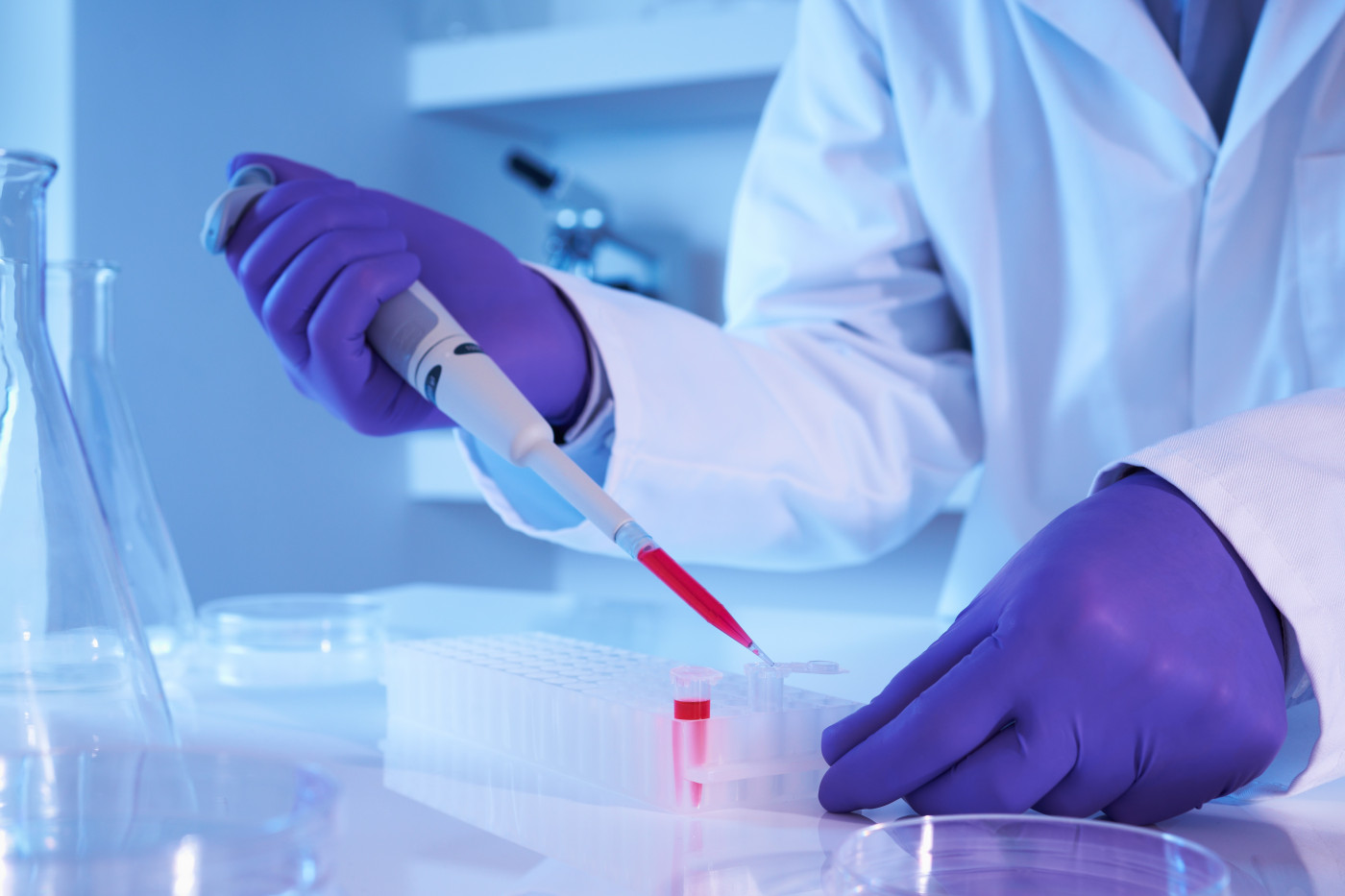PTC Therapeutics Announces No-cost Program for Diagnosing AADC Deficiency
Written by |

PTC Therapeutics has launched a program to deliver — at no cost — blood tests that can help diagnose aromatic L-amino acid decarboxylase (AADC) deficiency, the company announced.
AADC deficiency, a genetic and neurometabolic disease, is caused by mutations in the gene DDC, which codes for the AADC protein. One of this protein’s most important functions is to convert the molecule L-dopa into the neurotransmitter dopamine.
In people with AADC deficiency, L-dopa instead tends to build up — although this molecule is usually not detectable in blood. However, another molecule called 3-O-methyldopa (3-OMD) tends to also build up when there are high L-dopa levels. Therefore, measuring levels of 3-OMD in the blood can help identify people with AADC deficiency.
“We know that there are a large number of patients with AADC deficiency that have yet to be properly diagnosed,” Stuart W. Peltz, PhD, the CEO at PTC Therapeutics, said in a press release.
“For many AADC deficiency patients and their families, the journey to diagnosis is extremely challenging. Many patients spend years without a diagnosis or are misdiagnosed with other neurological conditions, such as cerebral palsy. We are very proud to provide diagnostic testing — at no cost to the AADC deficiency community — to support accurate and earlier diagnosis for patients,” Peltz added.
PTC Therapeutics’s simple blood tests to assess the levels of 3-OMD are being performed in cooperation with another company, Centogene.
Although these tests measuring 3-OMD may help identify people who are likely to have AADC deficiency, it is important to note that they are not considered the “gold standard” for diagnosing the condition. The diagnosis should be confirmed by directly measuring the activity of the AADC protein, and/or through the analysis of disease-causing mutations in the DDC gene itself.
“Identifying the underlying genetic mutations of AADC deficiency is critical to understand the nature and prognosis of an individual patient’s disease, and to ensure the best possible treatment,” said Arndt Rolfs, MD, CEO at Centogene.
“The analysis of 3-O-Methyldopa (3OMD) based on an innovative dried blood spot test at Centogene is extremely important in support of patients suffering from symptoms related to AADC deficiency, and underscores our passion for helping to reduce the diagnostic odyssey and bring hope to patients and their families,” Rolfs added.
The blood test can be done quite simply. Thus, the idea is that people with high 3-OMD levels measured by the blood test could then be referred for subsequent additional testing, ultimately facilitating faster diagnoses of AADC deficiency.
The test can be ordered from PTC by health professionals who believe someone they are treating may have AADC deficiency.




